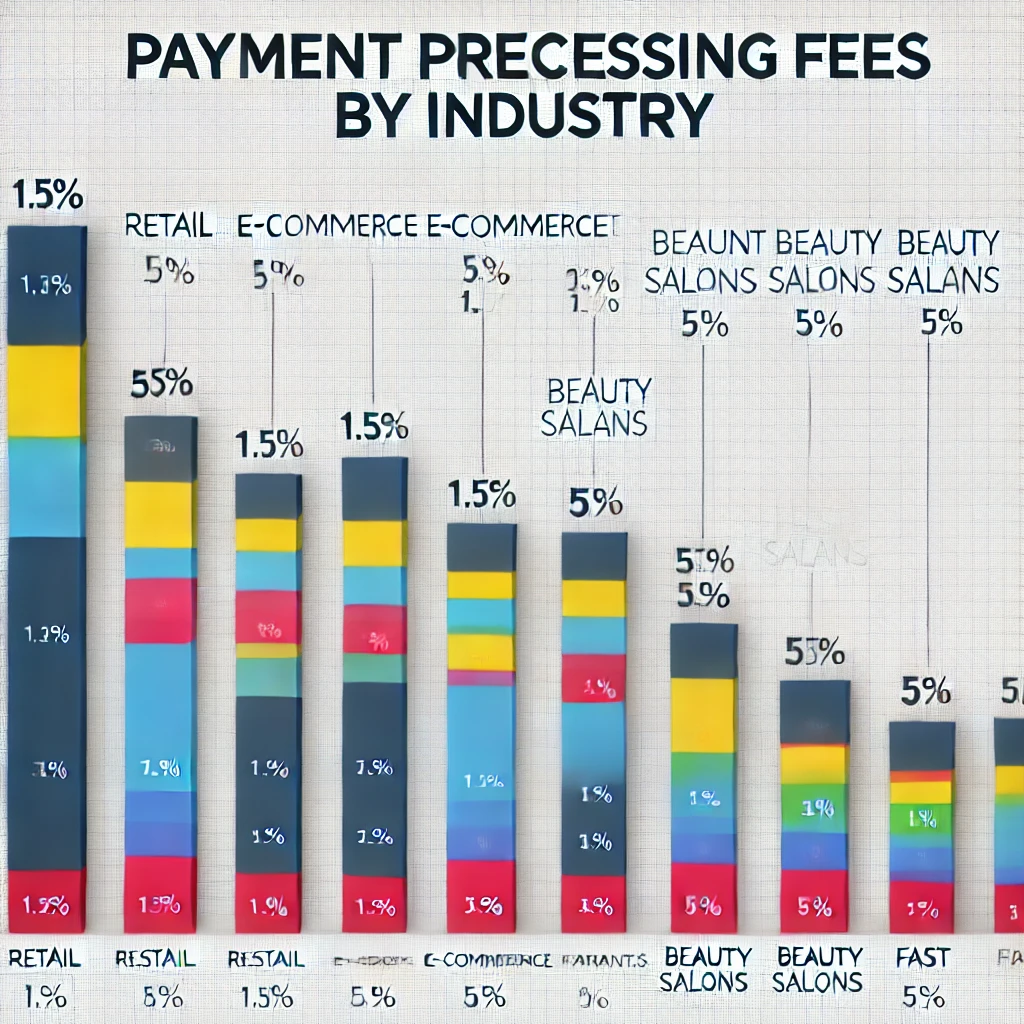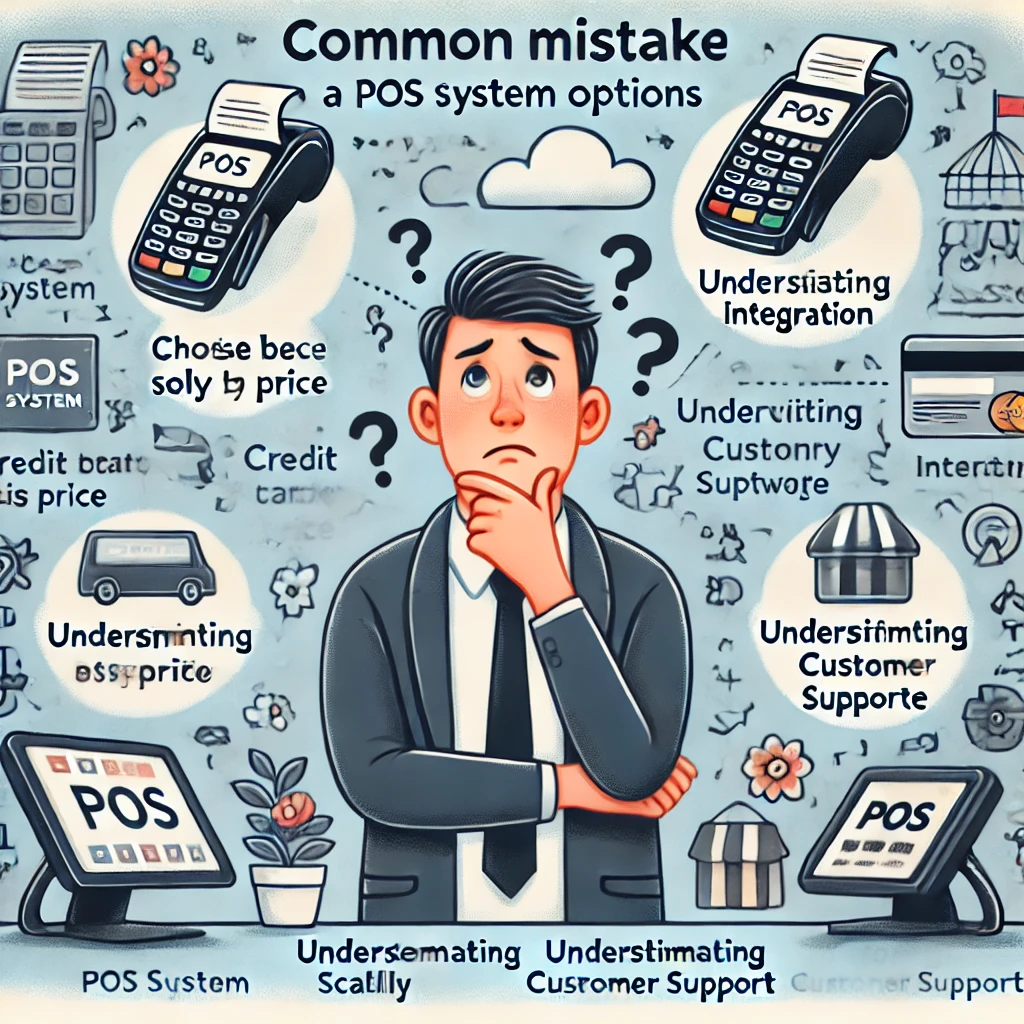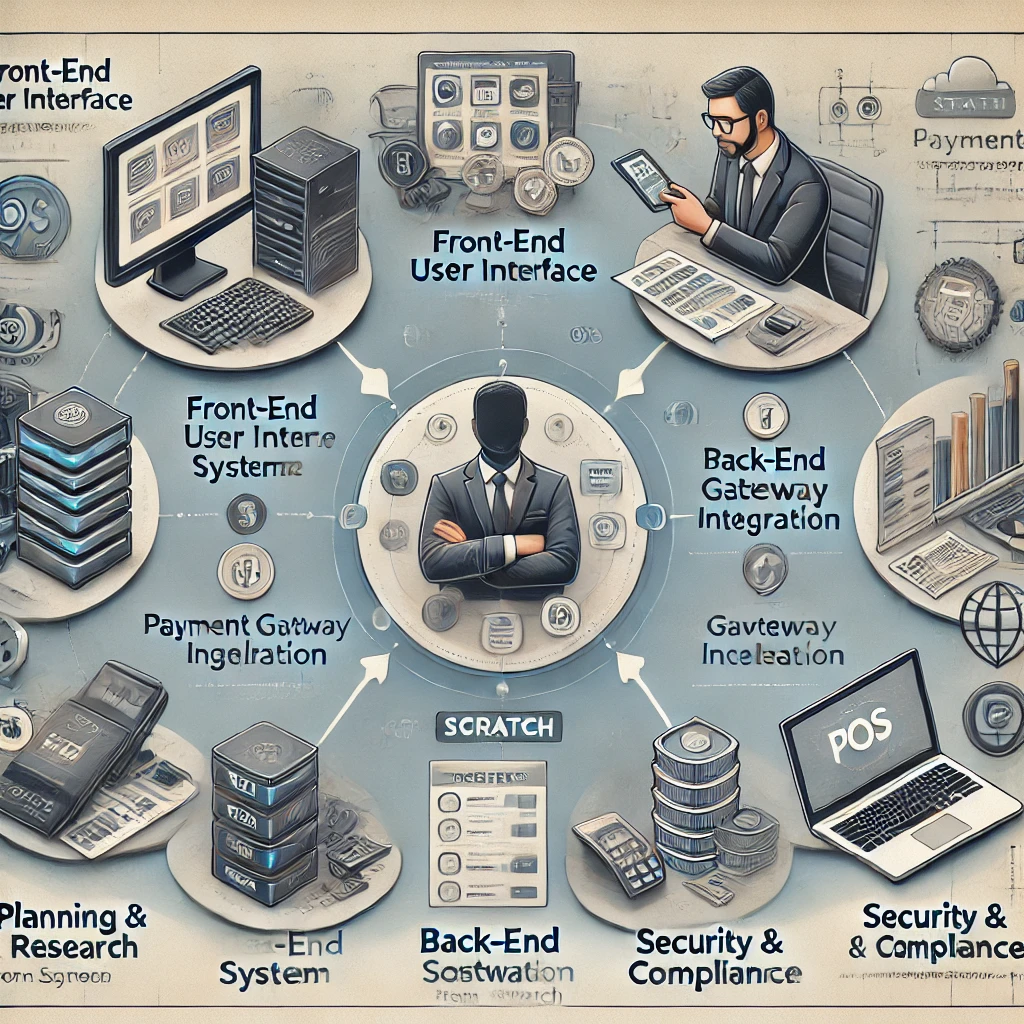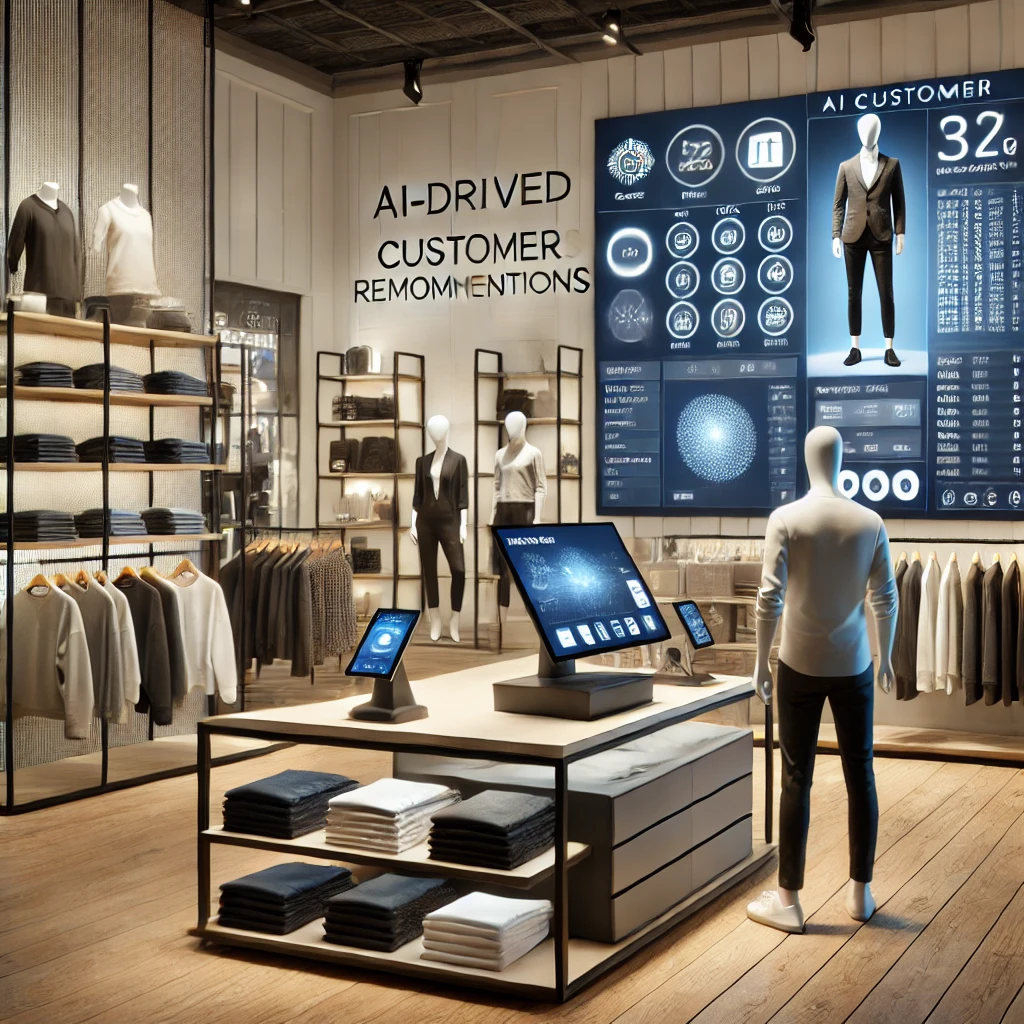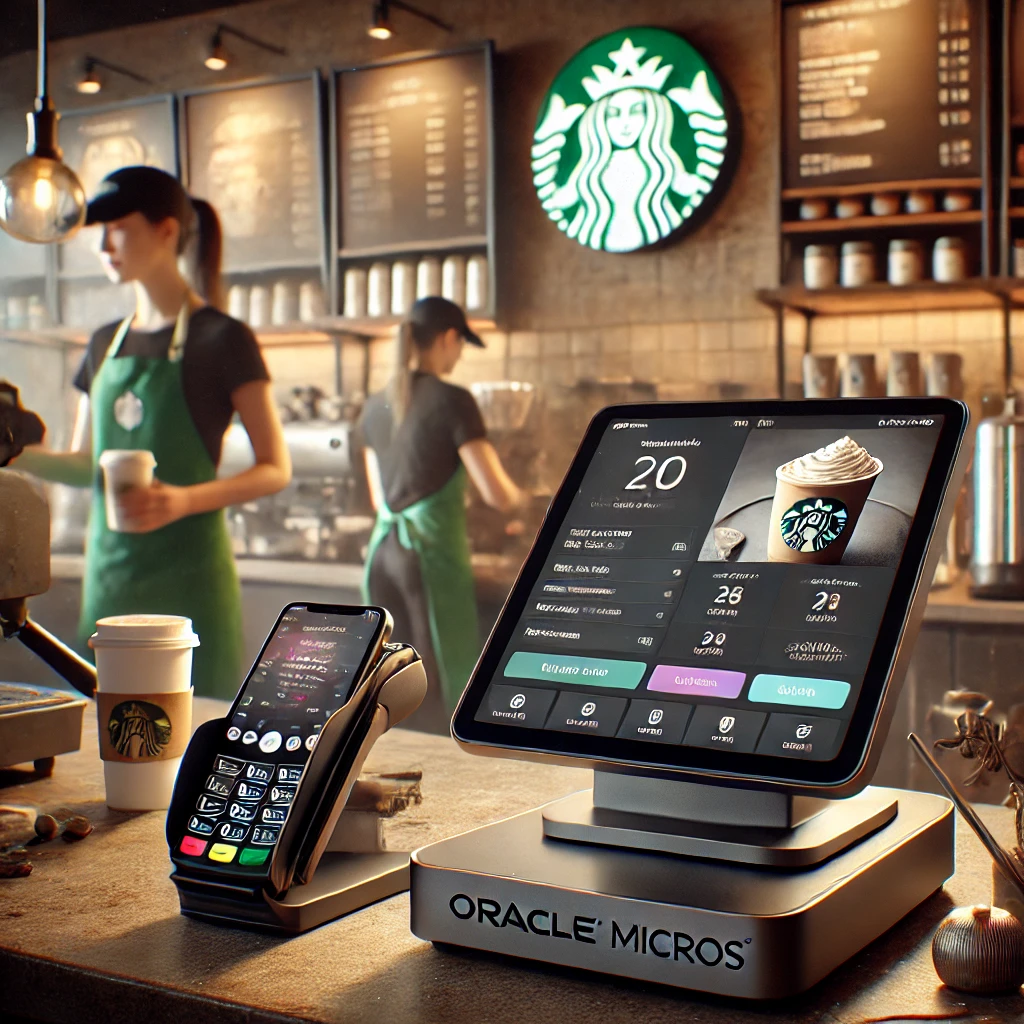Top 5 Reasons to Relocate Your Small Business
As a small business owner, your location is one of the most critical factors in your success. Where you operate affects everything from customer access to overhead costs, and as your business evolves, the demands on your location might change as well. Knowing when it’s time to relocate can be challenging, but moving to a better-suited location could unlock new growth opportunities. In this article, we explore the top 5 reasons to relocate your small business and provide insights to help you determine if relocation is the right move for your business. 1. Outgrowing Your Current Space As your business grows, you may find that your current location no longer fits your operational needs. If you're squeezing inventory into every available corner or employees are competing for workspace, it’s likely time to consider a move. Expanding your physical space can improve operational efficiency and give your business room to breathe. Real-World Example: A small bakery in Chicago started with a modest 500-square-foot shop. Over time, their popularity surged, and they found themselves struggling to keep [...]






